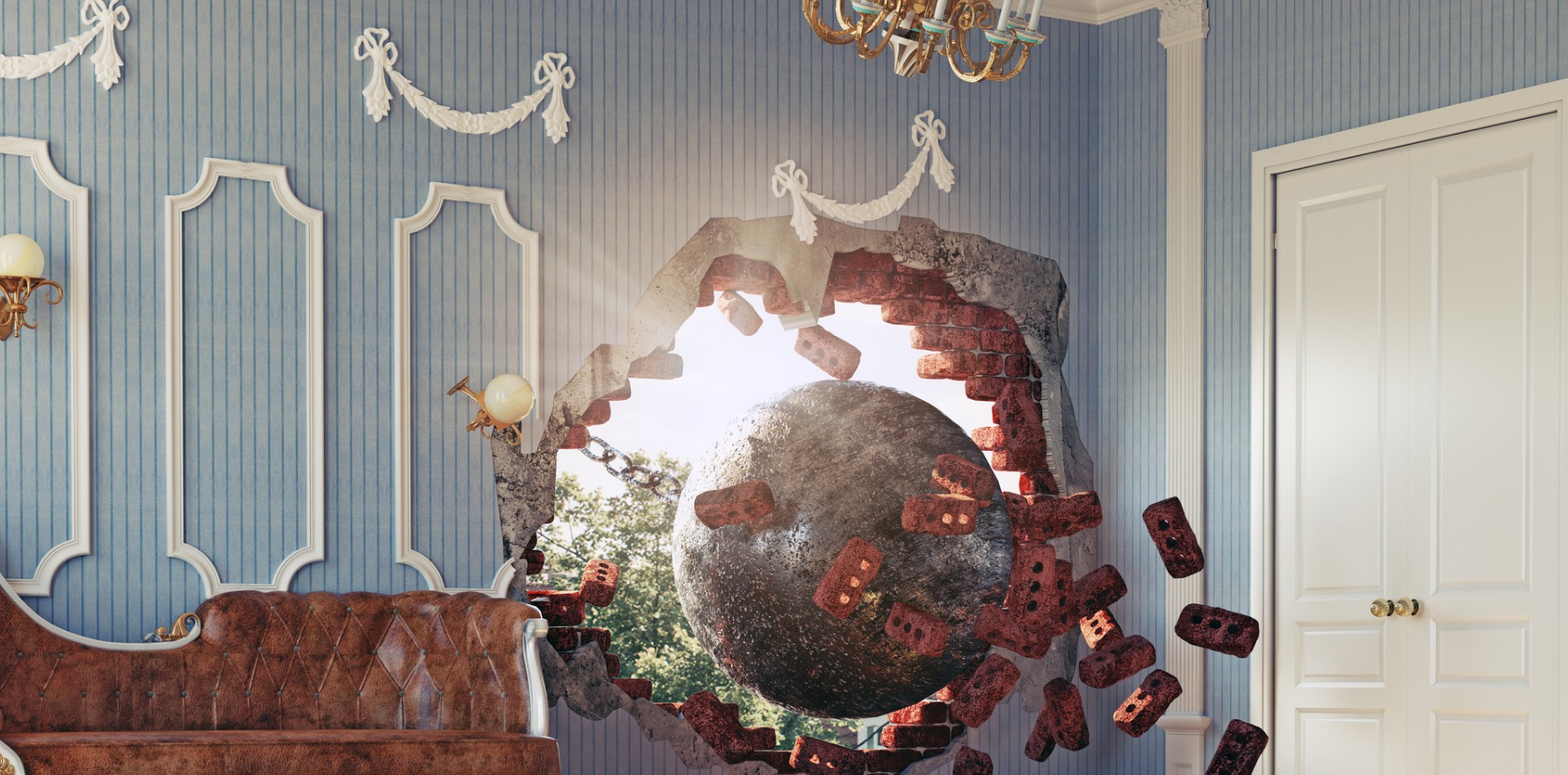As GPs, we have front-row seats to social changes, the discomfort and hurt they cause and the hard-won benefits at the end.
Feminism; #MeToo; weight politics; the Voice.
How are these related? Indulge me.
Let’s go chronologically:
My mum was in a women’s consciousness-raising group in the 70s. People were outraged. She tells me unkind friends called them c###-raising groups. Ouch. You won’t dispute women’s rights to education and work now.
Decades later I spend countless dinner party discussions with friends in the #MeToo era explaining the extent of physical and psychological damage from sexual assault of “all levels” – the harm I saw and sadly still see daily in my GP consulting room from historic and current sexual violence and boundary transgressions. Women in their 70s disclosing assault in their childhoods that had affected them and their children decades later, through not just the harm but the secrecy.
I used to say “it’s the pendulum swinging”. Some men will be hurt by hasty disclosures, perhaps. But countless other people will feel heard perhaps for the first time and feel safe in their skins.
The weight discussion is heavy now. (Sorry.) Eating disorders are increasingly prevalent and carry dangerous mortality rates. Diets are toxic and don’t work. But “obesity” is a health risk factor. Is it? What is the actual science? My reading shows it’s way more complex than that. Some risk is to do with cardio-respiratory fitness rather than adipose tissue. Some people in larger bodies have better health outcomes than those in slighter frames. I don’t profess to know the answer but there’s got to be a better way.
I work largely with people with eating disorders now, and there is no doubt people get harmed. I can’t tell you the number of stories that start “My dad told me I was getting heavy”; or “My sister teased me”; or “My doctor said I couldn’t have an eating disorder, I was too fat”; or “I went in for one thing and all they saw was my larger body – I never went back.” Except the stories don’t always start like that; it takes time and trust to unpack the layers of protection our clever psyches create to wall off our pain.
And what about relationships? “Mary and Ada have the best relationship. They never argue.” “Toni is the best parent, they never shout at their kids.” I call bullshit. (Sorry again. I’m getting sweary in my old age.) Conflict is healthy. It’s the cutting edge. This is where growth happens. Rupture and repair. We need to be able to tolerate it – personally, professionally and societally.
How are all of these seemingly disparate points related? As society evolves, things that were once acceptable get re-evaluated. Homosexuality used to be seen as a sin. Women largely didn’t participate in the paid workforce. It was OK for powerful men (yes, #notallmen) to have their way with whomever they wished. Each time these things are re-evaluated and societal norms are challenged, people get harmed along the way by robust and not-so-robust discussion and behaviours.
As doctors we are trained to constantly scan for the worst possible harms and do our best to prevent them, while weighing up the pros and cons of each and every intervention we recommend – personally, professionally and societally.
For example, someone has a headache – easy, right? – maybe they should take aspirin? But if it’s a brain bleed and we give them aspirin we’ll kill them. But should everyone with a headache get a scan? What sort of scan – a CT or an MRI for 10 times the cost? Maybe the headache is from stress – maybe they would benefit from some counselling. But I have someone waiting and I have a headache too and I’ll be paid more if I just give them a script and send them on their way. But it’s best for everyone if I take the time to link their headache with their work stress/family problems or whatever it is and teach them self-care and a grounding strategy and make a follow-up appointment just to be safe.
Life is complex. With maturity (personal and societal) we can evaluate options and make decisions for the greater good. As GPs we see the whole person and our superpower is dealing with complexity and uncertainty and seeing a path through. Take marriage equality. A no-brainer IMHO. Along the way there was harm done – I have patients who suffered as their identities were scrutinised – and not everybody is pleased with the outcome. But there is no doubt on an individual and societal level we are in a better place with the outcome of the plebiscite.
These are all health issues. Respect. Sexual safety. Body size and diversity. Self-determination.
The Voice to Parliament is one of these issues. Let’s have the discussion. Respectful, truthful discussion. There’s no doubt Terra Nullius was flawed and harmful. First Nations people live and breathe now with the wounds caused by colonisation and the disastrous genocidal treatment they have endured since. There has been soul-searching, heartfelt exploration of options and we have been presented with a solution by those who have lived and living experience of the issues. The generosity of the offer is remarkable. We must respond with openness and mutual trust so we can safely and with maturity work towards a better future for all in this country.
Sure we may get some bits wrong. But the greatest good must be served. We have to do the right thing for the vast majority. History will judge us.
First do no (more) harm.
Karen Spielman has been a GP in inner Sydney for nearly 30 years. She has interest and expertise in eating disorders, mental health, and youth health and is advocacy chair of the Australian Society of Psychological Medicine.


